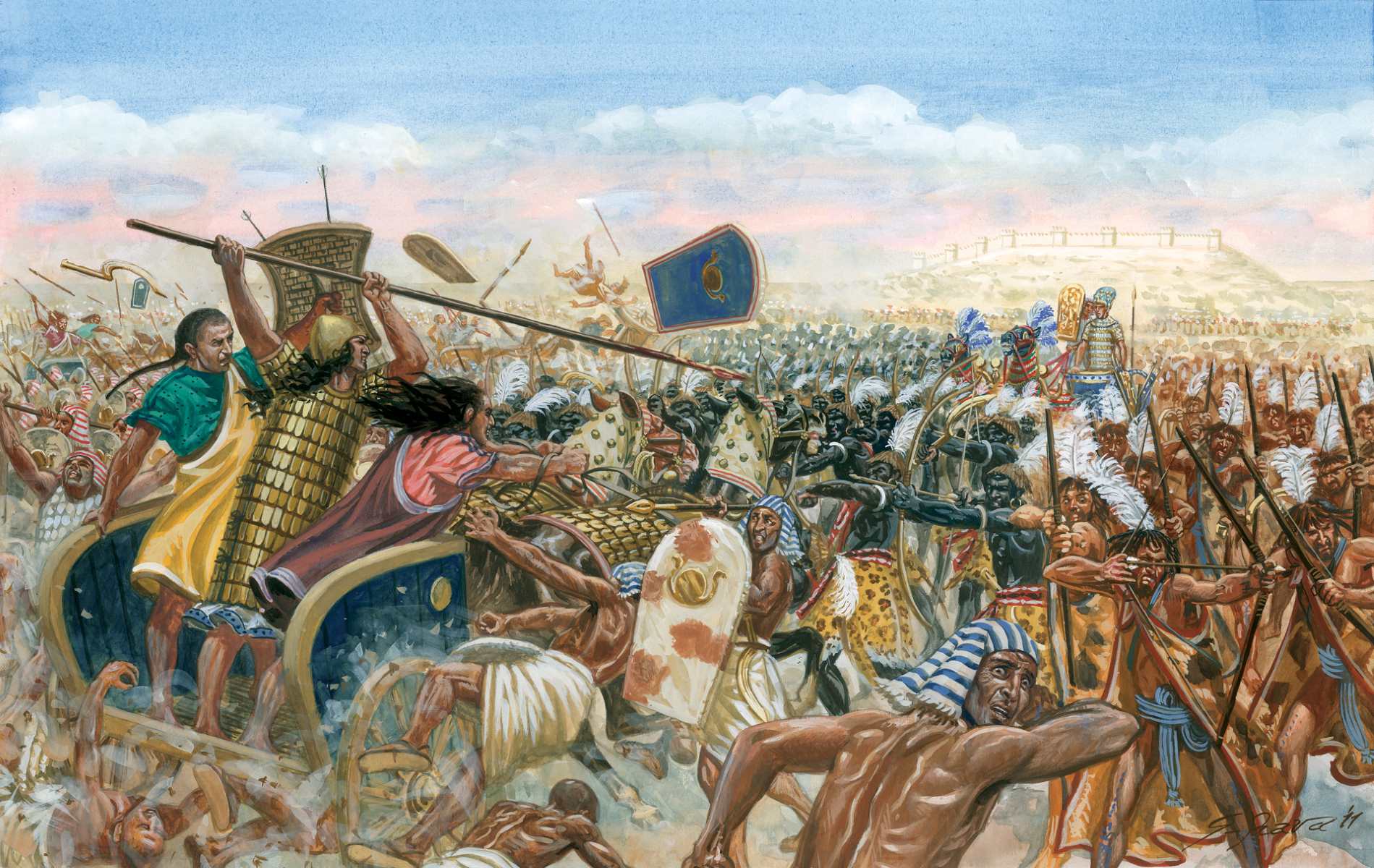
The Hittite Civil War, a significant yet often overlooked chapter in ancient history, unfolded during the reign of King Tudhaliya IV in the mid-13th century BCE. This internal conflict, driven by power struggles and external threats, had lasting effects on the Hittite Empire's stability and influence. What were the causes and consequences of this civil war? Key figures like Queen Puduhepa and General Hantili played crucial roles in navigating the turmoil. Despite the chaos, the Hittites continued to achieve cultural milestones and maintain diplomatic relations. This period of strife offers a fascinating glimpse into the complexities of ancient civilizations.
Historical Context
The Hittite Empire, a major power in ancient Anatolia, left a lasting mark on history. Their capital, Hattusa, was a hub of trade and politics. The Hittites maintained relations with other great powers like Egypt and the Mycenaeans.
- The Hittite Empire thrived in central Anatolia from the 16th to the 12th centuries BCE.
- Hattusa, the capital, was a significant center of trade and politics.
- The Hittites had diplomatic relations with Egypt and the Mycenaeans.
King Tudhaliya IV
Tudhaliya IV's reign was marked by efforts to restore Hittite power. His rule saw military campaigns and diplomatic achievements, including the Treaty of Kadesh.
- Tudhaliya IV ruled from approximately 1237 to 1209 BCE.
- He is credited with restoring Hittite power after a period of decline.
- Tudhaliya IV negotiated the Treaty of Kadesh with Pharaoh Ramses II.
Causes of the Civil War
The exact reasons for the Hittite civil war remain unclear. Internal power struggles and external pressures, like the rise of the Sea Peoples, likely played roles.
- The civil war occurred during the mid-13th century BCE.
- Internal power struggles were a significant cause of the conflict.
- The rise of the Sea Peoples added external pressure on the Hittites.
Key Figures
Several important figures influenced the course of the civil war. Queen Puduhepa and General Hantili were among the most notable.
- Queen Puduhepa was known for her diplomatic skills.
- General Hantili later became king and helped end the conflict.
Military Campaigns
The civil war saw various factions within the Hittite Empire engage in brutal military campaigns. These battles weakened the empire's defenses.
- Different factions fought against each other during the civil war.
- The conflict led to significant losses and weakened the empire's defenses.
Diplomatic Efforts
Despite the internal strife, the Hittites continued diplomatic efforts. Queen Puduhepa maintained correspondence with Pharaoh Ramses II.
- Puduhepa's diplomacy helped stabilize relations with Egypt.
- Diplomatic efforts continued even during the civil war.
Impact on Hittite Society
The civil war had profound effects on Hittite society. Economic instability, social unrest, and a decline in power were some of the consequences.
- The conflict led to economic instability and social unrest.
- Many Hittite cities suffered from widespread destruction and famine.
Role of the Priesthood
The Hittite priesthood played a significant role in the civil war. Priests often sided with different factions, further weakening the empire's stability.
- The priesthood's internal conflict added to the empire's instability.
- Priests used their influence to sway the outcome of battles.
Treaty of Kadesh
The Treaty of Kadesh, signed between Tudhaliya IV and Ramses II, is a famous diplomatic achievement. It was negotiated during a period of relative stability.
- The Treaty of Kadesh is one of the most famous diplomatic achievements in ancient history.
The Hittite Civil War's Lasting Impact
The Hittite Civil War was a game-changer for the Hittite Empire. It wasn't just about battles and power struggles; it reshaped the empire's society, economy, and even its future. King Tudhaliya IV and Queen Puduhepa played crucial roles, but the internal strife weakened the empire, making it vulnerable to external threats like the Sea Peoples. Despite the chaos, the Hittites managed to achieve significant cultural milestones and maintain some diplomatic relations. However, the war's aftermath left the empire economically strained and socially fragmented. Hantili III's efforts to restore stability came too late to prevent the eventual collapse. The civil war serves as a stark reminder of how internal conflicts can hasten the downfall of even the most powerful civilizations. The Hittite Empire's story is a testament to resilience amid turmoil, but also a cautionary tale of the perils of internal discord.
Was this page helpful?
Our commitment to delivering trustworthy and engaging content is at the heart of what we do. Each fact on our site is contributed by real users like you, bringing a wealth of diverse insights and information. To ensure the highest standards of accuracy and reliability, our dedicated editors meticulously review each submission. This process guarantees that the facts we share are not only fascinating but also credible. Trust in our commitment to quality and authenticity as you explore and learn with us.


